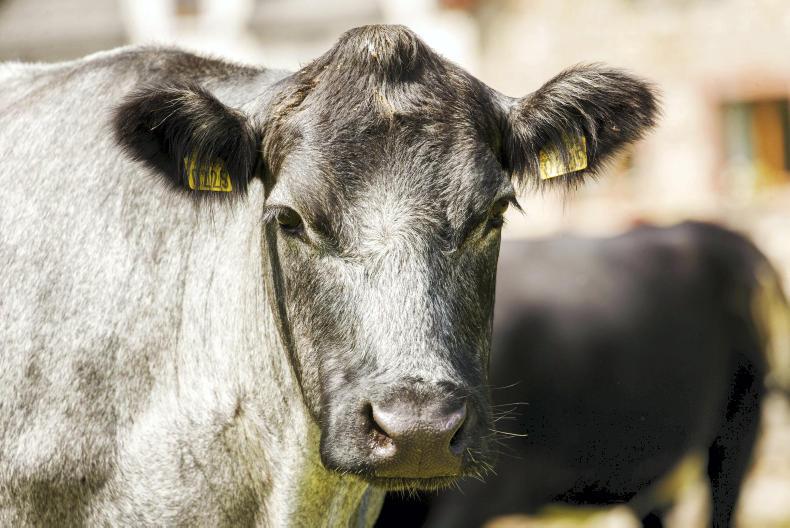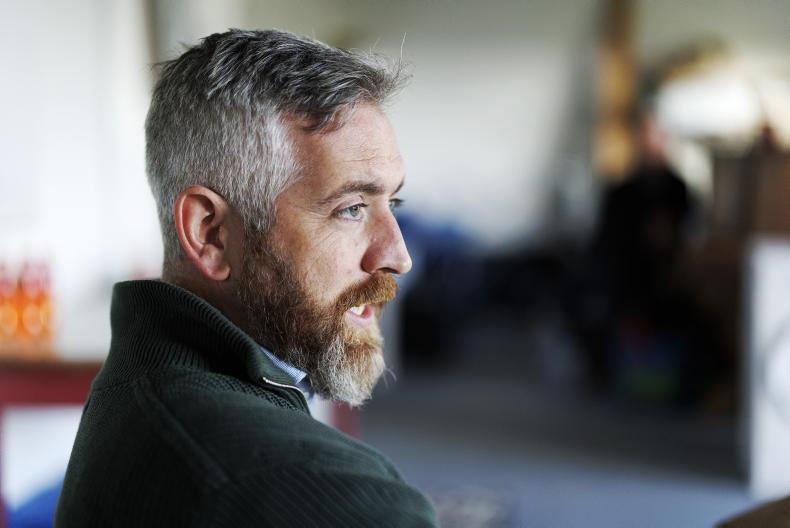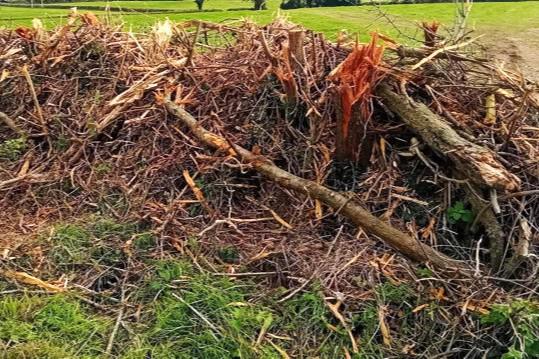Organic farming is more sustainable in environmental terms and this is what the European Commission is looking for, according to the European Commission's director general (DG) of agriculture Wolfgang Burtscher.
The commission’s biodiversity strategy says that 25% of EU farm land must be under organics by 2030.
“The advantages of organic farming are more related to maintaining biodiversity, to be favourable to the environment, and in terms of mitigating or preventing climate change.
“So I think this kind of production apparently is more sustainable in environmental terms and this is what we are looking for,” he told an Irish Farmers Journal webinar this week.
Sustainable production
“I think we all know that we need to feed nine billion people. But the formula is not so easy. In fact, it is also about ensuring that firstly other parts of the world embark in a much more sustainable agricultural production.
“One thing is sure that we cannot continue to have unsustainable production methods, because we will not feed the [world] on an unsustainable production basis because look at our soil.
“I think the best way to feed the world is to have sustainable production, that is not detrimental to our soil and to our environment,” he said.
Burtscher also said that it will be the choice of each farmer whether he or she wants to go for organic or not and that the right framework conditions need to be there in terms of funding in order for organic production to be attractive.
Consumers
Burtscher said that consumers are ready to consider their eating behaviours, with respect to the consequences on the environment.
“This is a phenomenon which we cannot entirely ignore because the markets will show it, the young generation if you look at these figures [are going more] in that direction.
Burtscher was positive on the role of extensive grazing in meeting biodiversity targets.
“I know the contribution of extensive livestock to biodiversity. [If you] click in [on a computer] livestock and biodiversity, you immediately come across a report of the FAO which concludes that livestock is hugely important for biodiversity.
“But it also says, it can be hugely damaging for biodiversity and as always in life I think it’s about the right balance, but I would agree that the role of extensive livestock in contributing to biodiversity is something which we should really promote and I'm not sure that it is known everywhere.”
Read more
Farm to Fork will be subject to impact assessment on farm incomes
Watch back: the new CAP and the EU Green Deal webinar
Farm to Fork: the EU plan for farming revealed
Organic farming is more sustainable in environmental terms and this is what the European Commission is looking for, according to the European Commission's director general (DG) of agriculture Wolfgang Burtscher.
The commission’s biodiversity strategy says that 25% of EU farm land must be under organics by 2030.
“The advantages of organic farming are more related to maintaining biodiversity, to be favourable to the environment, and in terms of mitigating or preventing climate change.
“So I think this kind of production apparently is more sustainable in environmental terms and this is what we are looking for,” he told an Irish Farmers Journal webinar this week.
Sustainable production
“I think we all know that we need to feed nine billion people. But the formula is not so easy. In fact, it is also about ensuring that firstly other parts of the world embark in a much more sustainable agricultural production.
“One thing is sure that we cannot continue to have unsustainable production methods, because we will not feed the [world] on an unsustainable production basis because look at our soil.
“I think the best way to feed the world is to have sustainable production, that is not detrimental to our soil and to our environment,” he said.
Burtscher also said that it will be the choice of each farmer whether he or she wants to go for organic or not and that the right framework conditions need to be there in terms of funding in order for organic production to be attractive.
Consumers
Burtscher said that consumers are ready to consider their eating behaviours, with respect to the consequences on the environment.
“This is a phenomenon which we cannot entirely ignore because the markets will show it, the young generation if you look at these figures [are going more] in that direction.
Burtscher was positive on the role of extensive grazing in meeting biodiversity targets.
“I know the contribution of extensive livestock to biodiversity. [If you] click in [on a computer] livestock and biodiversity, you immediately come across a report of the FAO which concludes that livestock is hugely important for biodiversity.
“But it also says, it can be hugely damaging for biodiversity and as always in life I think it’s about the right balance, but I would agree that the role of extensive livestock in contributing to biodiversity is something which we should really promote and I'm not sure that it is known everywhere.”
Read more
Farm to Fork will be subject to impact assessment on farm incomes
Watch back: the new CAP and the EU Green Deal webinar
Farm to Fork: the EU plan for farming revealed










SHARING OPTIONS